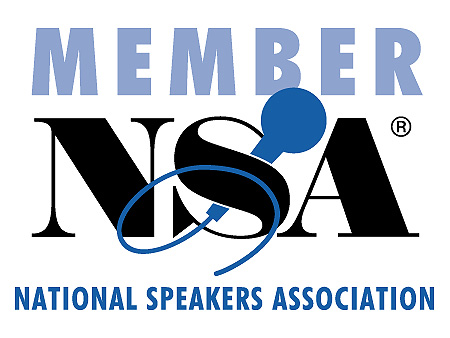 Send to Kindle
Send to KindleLeadership With MBTI and Other Instruments
“Jerry is an INTP so he may not follow-up and will probably have trouble working with the team.”
“Really, how do you know that?”
“I can just tell that would be his Myers Briggs score.”
“So you can briefly observe someone and tell what their personality is?”
I’m noticing a trend among leadership experts that is dangerous – over reliance on personality survey instruments to label and categorize people. As in this conversation, it’s becoming too common to analyze a person based on a particular instrument, label them, and treat them accordingly. Be careful! People are human and they will fool you every time if you try to put them in little boxes.
Here are some things to think about when using these types of instruments.
The most popular, and in my mind the most accurate is the Myers Briggs Type Indicator (MBTI). The MBTI is very good at identifying personality types. But, it is also probably the most complex and time consuming to administer. I don’t recommend it for initial leadership training because I like to spend that training time with the basics that will form the foundation for good leadership. Myers Briggs is better understood when that foundation is in place.
Many instruments are designed to show certain traits while also selling something. That doesn’t make them bad, just make sure you really understand them before you use them.
Keep in mind that these instruments are designed to help an individual and produce a score only after analysis of a carefully crafted and scientifically validated series of questions. So, you’re probably not going to provide the most accurate analysis of your workers just by observing their behavior.
That’s because people adapt. For example, I speak and train in front of large groups of people. If I haven’t met you, I probably will come up and introduce myself. But, by the Myers Briggs definition, I’m an introvert. MBTI is correct and explains why I do some of the things I do. I compensate, and this is very important, not because I have to but because I want to.
Your workers may do the same thing, adapting their behavior to what they feel is needed or desired in a particular setting.
Survey instruments are a great tool and I recommend their use. Just make sure you use them in the right way, to help an individual learn about themselves, not for you to label and package people in those nice neat boxes.



